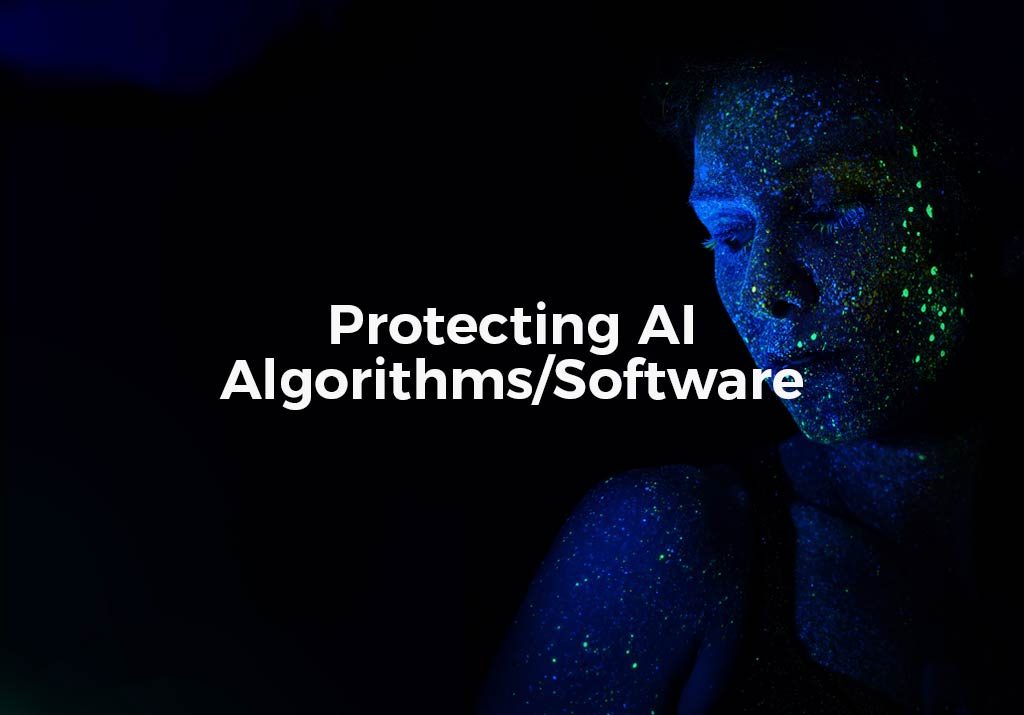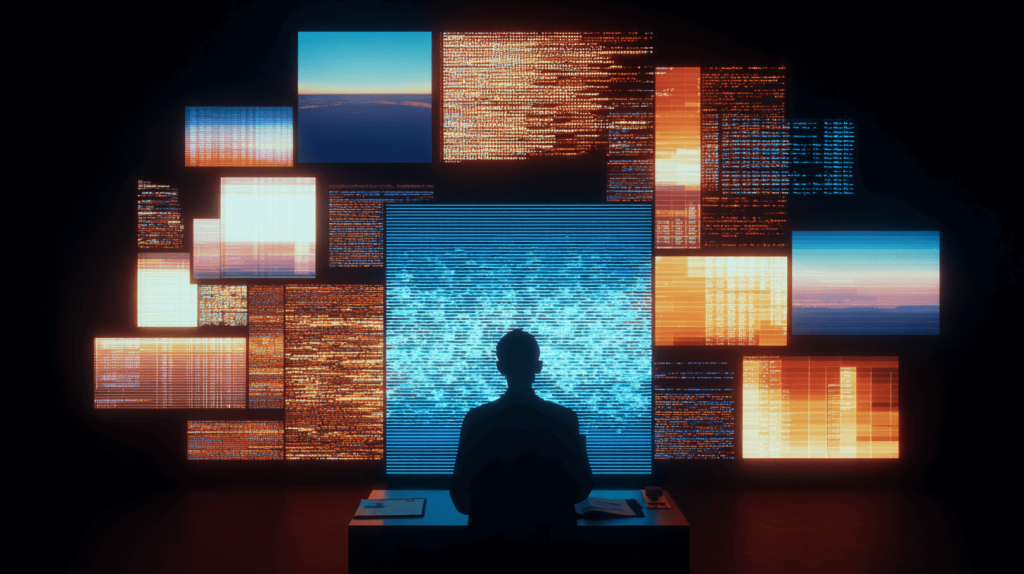In the last fifty years, artificial intelligence has come a long way from beating a human at a game of chess. Nowadays, AI’s potential seems boundless. AI technologies are quickly replacing traditional methods for processing, analyzing and assessing data, images, text and speech. It is highly likely that in the next fifty years we will see AI take a more prominent role in our society, with AI taking over many day-to-day tasks that can be easily automated. Humans will have to learn to work with AI, and overall, AI will likely be considered a boon to society.
With that being the case, AI innovations that are being made now have the potential to form the foundation for the future of AI technology. But not only that, with innovations occurring so rapidly, others might be inclined to steal, imitate, or try to capitalize on the hard work of others. That is why it is so important to seek and secure legal protection for the intellectual property behind new AI technologies.
Protecting AI Software
There are several legal protection options for AI software. In some cases, AI software could be an invention and thus protectable with a patent. The process that the AI software performs could be patent eligible. Or, if the AI software is highly integrated into the structural elements of a device, the AI might also be patentable as a device. An experienced patent attorney can review your AI invention and determine whether it is a good candidate for patent protection.
AI software may also be eligible for copyright protection. Copyright protects the AI software code from being literally copied by others without permission. Copyright protection for software code is strongest when the software code is registered with the US Copyright Office. While registration is not required, registration offers a number of benefits, such as demonstrating ownership of the copyright material, and eligibility for statutory damages in the event of an infringement of the protected copyright material.
Protecting AI Algorithms
Some elements of AI software are not eligible for patent or copyright protection because they do not satisfy the legal requirements to qualify. Algorithms for AI software are one form of intellectual property that does not generally qualify for patent or copyright protection.
There is little doubt that the algorithms behind AI and machine learning techniques can be immensely valuable pieces of IP. With that being the case, it is possible to protect algorithms, and the general knowhow behind making an AI or machine learning process work, with trade secret protection. A trade secret is any valuable information that provides a benefit to a business due to the information being kept secret. All that is required for maintaining trade secret protection is taking reasonable measures to keep the information secret and not known by the general public.
Consult with An AI IP Lawyer Today
At The Rapacke Law Group, we understand that AI software and algorithms are valuable IP assets that need to be legally protected and it is our goal to help you secure the IP protections that you need. We can work with you to determine which IP strategy is best for you, and can help you enact your IP strategy. Speak with one of our IP lawyers today to discuss your IP situation and to learn more about how we can help you secure IP protections for your AI software and algorithms. Schedule a free initial consultation with one of our professionals today.




